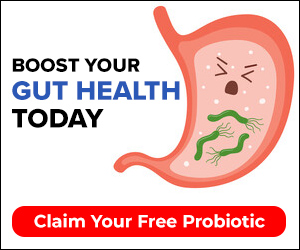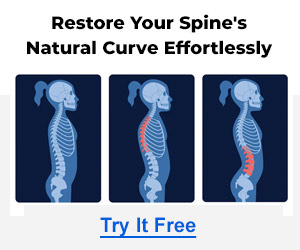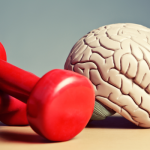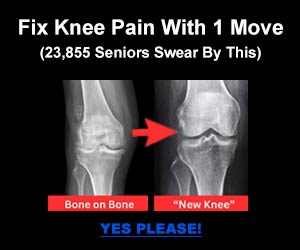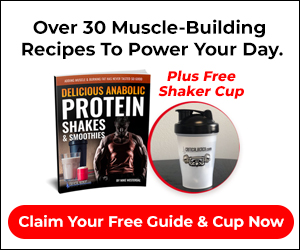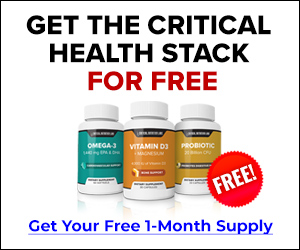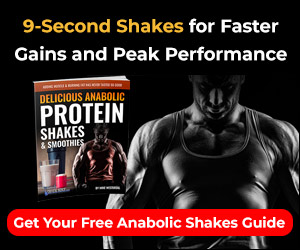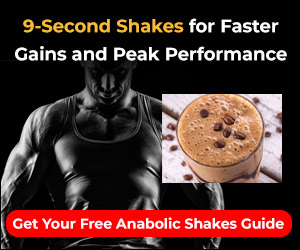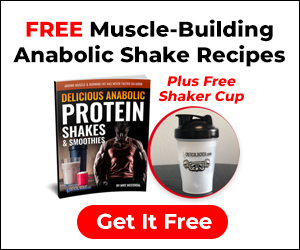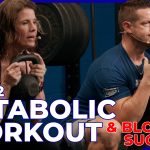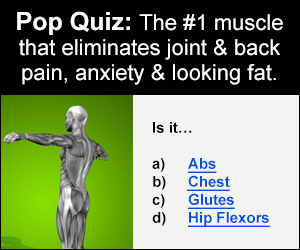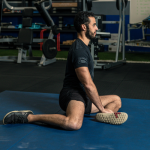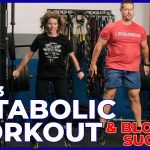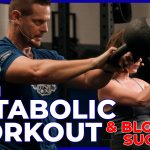I know there is considerable confusion with many young lifters and athletes about their diet. Lots of diverse information to sift through in separating nutrition from nonsense.
“Should I eat this or that, someone told me never to eat this and to only eat that every other Tuesday…”
Geez, let me make it really easy for you. Below are the TOP 10 energy rich foods that will stand the test of time in my opinion as a certified strength coach and sports nutritionist.
Here is a very quick grocery store aisle-by-aisle tour of what the majority of amateur and professional athletes consider as the 10 super foods that are the most nutrient dense for their “keys to health” nutritional wants and needs.
1. Eggs
Egg whites are made up of pure protein that’s considered nearly perfect because of its sublime blend of amino acids. Egg whites are very high in protein. The white of one egg contains 4 grams of pure protein. This is the cheapest and best protein you could ever consume. If you’re trying to cut out fat, you can skip or reduce the yolks you eat but remember they are rich in vitamins and minerals as well.
Remember that you must cook eggs at 140 degrees or more for at least three minutes in order to kill any salmonella that is on or in the egg. If you go “ROCKY” style and drink them raw, there is some risk.
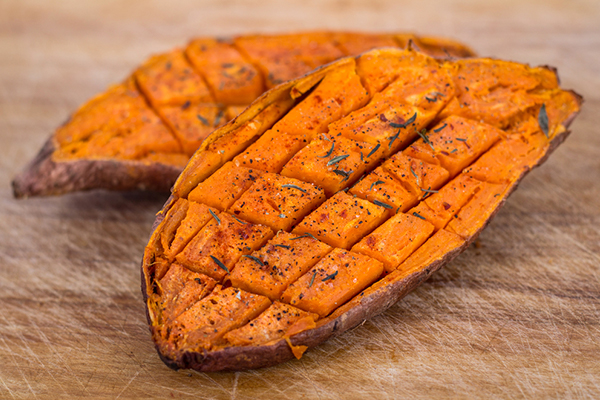
2. Sweet Potato
Most people assume that because of its sweet taste that it’s higher in calories than a regular potato. This is not true because there is an enzyme in the potato that converts starches into sugars. This adds to the deliciously sweet taste.
3 ½ ounces of sweet potato contains less than 1 gram of fat, 2 grams of protein and 24 grams of carbohydrates, with an adequate amount of dietary fiber. They are also rich in vitamin A, vitamin C and vitamin B6. Also, traces of copper and magnesium are present.
Bake them, nuke them, grill them or sauté them. Yummy!

3. Tuna
The best tuna is the brand that’s packed in water. Tuna packed in oil doubles the calories of tuna and multiplies the fat by ten times.
Tuna is very convenient and is very high in protein. It contains 30 grams of protein per 3 ½ ounce serving with less than 1 gram of fat. It also contains 100% of the RDA for B12,and the same healthy amounts of niacin, phosphorus, vitamin B6, magnesium and potassium.
There are three types of tuna commonly found both fresh and canned; Albacore, Bluefin and Yellowfin.
4. Turkey Breast
Turkey breast is the leanest of any meat (without the skin of course). It contains 1 gram of fat per 3 ½ ounce serving, and 30 grams of protein for the same portion. It contains high amounts of vitamin B12 and B6, copper, iron, niacin, phosphorus, riboflavin, and zinc.
Turkey can be roasted, broiled or sautéed. You can also buy ground turkey from the grocery store. Look for the ground turkey breast which has the lowest fat content. You can use ground turkey for tacos, hamburgers, meat loaf, over pasta etc.
5. Pasta
Pasta is virtually fat free if eaten by itself. But that isn’t realistic for most humans, we need some sauce!
3 ½ ounces of pasta contains less than 1 gram of fat and about 2 grams of protein. Pasta is rich in vitamin B6, magnesium and copper. Try to stick with reasonable portions and of course today there are many varieties available. Find the ones you prefer and stock up.
6. Oatmeal
Oatmeal is a tremendous source of complex carbohydrate. It has more protein than wheat and twice as much as brown rice and is also very low in fat. The total amount of fat is less than 2 grams per serving, hardly enough to worry about.
Oatmeal is full of iron and manganese, lots of vitamin E, copper, folacin and zinc.
It is a great source of dietary fiber and it helps control your cholesterol. Oatmeal is a great pre-workout meal and source of carbohydrate if eaten at least 1 hour before training and it’s also very inexpensive. Try to stick with the low sugar varieties and add in fruits like bananas and berries for flavor and added awesomeness.
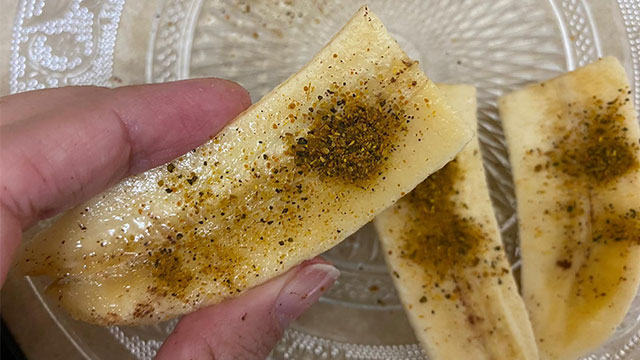
7. Bananas
Bananas are one of America’s most popular fruit. They taste great, easy to eat and they are available year-round. Bananas contain 23 grams of carbohydrates per 3 ½ ounces.
They have a low amount of protein and less than 1 gram of fat and bananas contain healthy amounts of potassium, vitamin B6, vitamin C, folacin and magnesium.
8. Broccoli
Broccoli contains about 30 calories per 3 ½ ounce serving, 1 gram of fat, 5 grams of carbohydrates and 3 grams of protein. It also contains vitamin C, calcium, folacin, vitamin B6, manganese, potassium and beta-carotene.
Broccoli is arguably one of the best cruciferous vegetables in the world and its close relative cauliflower is right there with it. Mix the two together as a side dish for any dinner. These magic veggies are best consumed raw or lightly steamed.
9. Carrots
Carrots are very high in sugar, almost as much as beets but natures sugar beats the snot out of artificial sugars found in processed foods.
They are known to be good for the eyesight (especially night vision) since they’re very high in vitamin A which is responsible for proper functioning of the retina. Carrots contain very little fat and a modest amount of protein but they’re very rich in carbohydrates, vitamin C and potassium.
Always wash carrots really good if you enjoy eating them raw because they can carry a lot of places for bacteria buildup. This is true of most vegetables you would consider eating raw, give them a good washing first!
10. Beans
Beans are a great source of protein. They are almost 25% protein and contain almost no fat. They are very high in vitamin B6 and B12, potassium, zinc, calcium, iron and magnesium. They are a great source of carbohydrates since they digest very slowly. Beans provide you with a steady stream of energy throughout the day.
As welcomed as these 10 super foods may seem please keep in mind that anyone or a combination of them may in certain instances offend or cause hypersensitive reactions (food allergies).
Fortunately for me, none of the above listed 10 super foods have any ill effect on me what-so-ever yet I can’t speak for everyone reading this article.
Therefore, it may be a good idea to keep a food and symptom diary, write down everything you eat and any provoking systems you experience (diarrhea, fatigue, gas, joint soreness, sinus irritations, and water retentions etc.). This information could be super valuable to you over time and help you on your path towards improved strength and health!

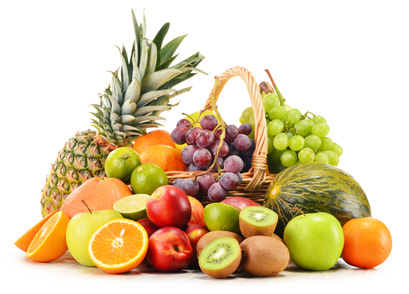

![[For MEN Only] REAL Answers about Muscle, Strength & Nutrition](https://www.criticalbench.com/wp-content/uploads/2014/08/strength-muscle-nutrition-440x264.png)


